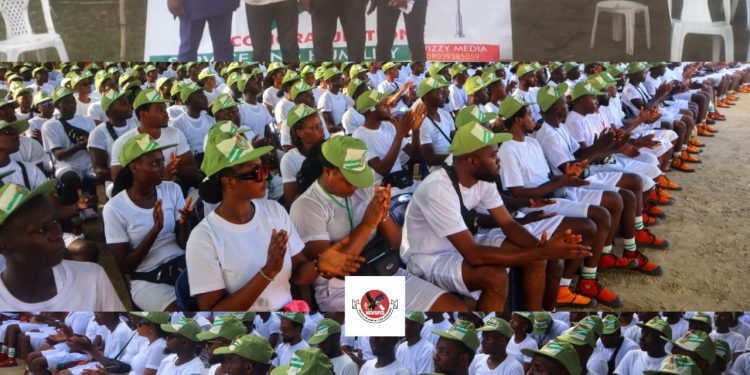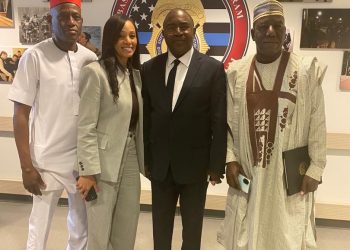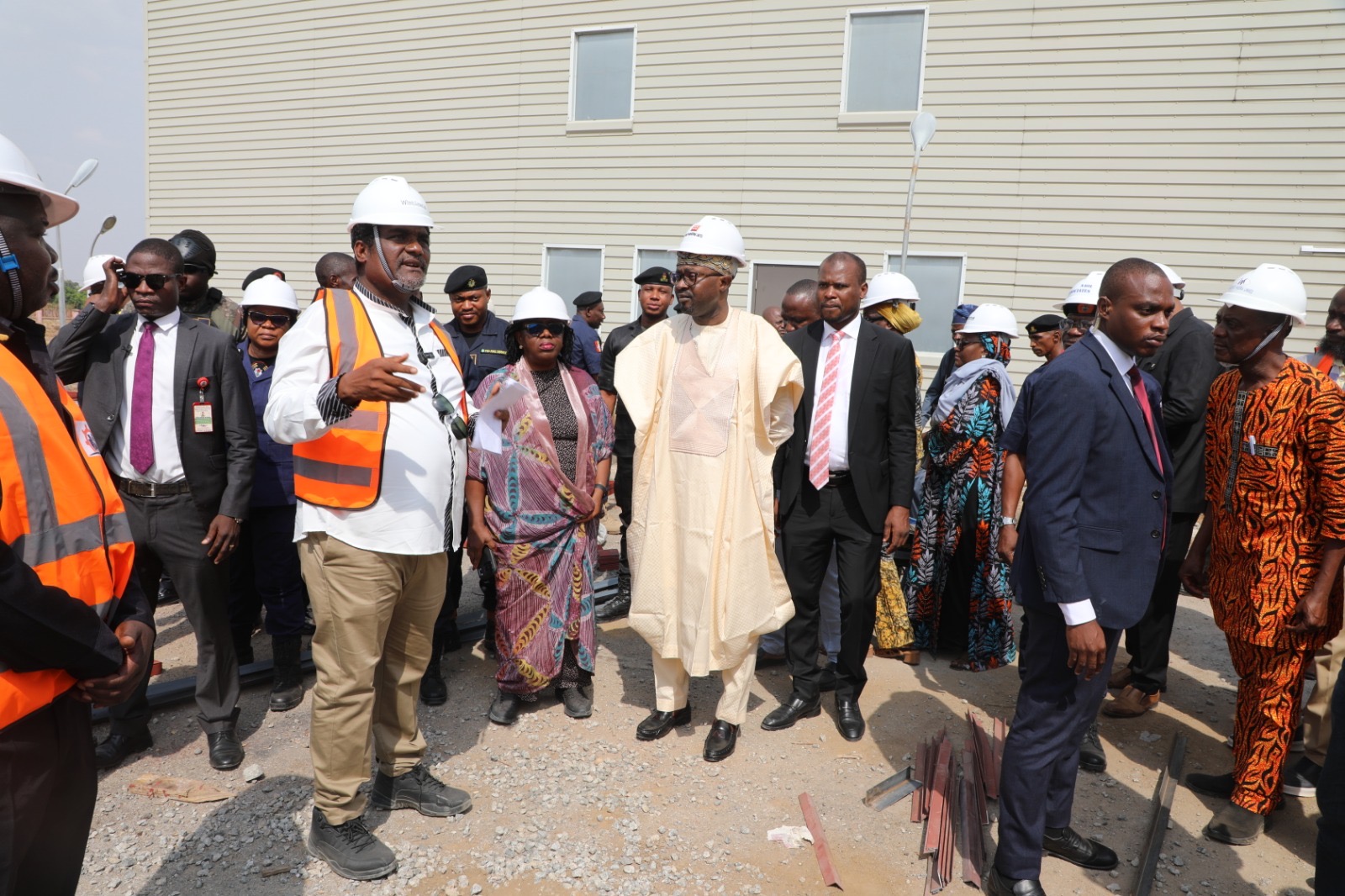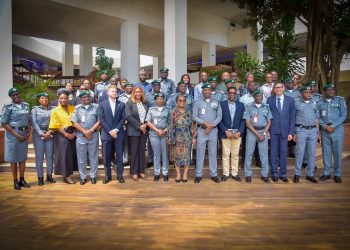By Nkechi Eze
In a renewed effort to bring the National Identification Number (NIN) registration closer to grassroots communities, the National Identity Management Commission (NIMC), in collaboration with the Ministry of Youth Development and the National Youth Service Corps (NYSC), has commenced the training of selected corps members to facilitate NIN enrollment at ward levels across the country.
The initiative, which aligns with President Bola Ahmed Tinubu’s Renewed Hope Agenda, seeks to ensure the enrolment and issuance of NINs to all Nigerians and legal residents within the shortest time possible. According to NIMC, over 120 million Nigerians and legal residents have already been captured in the national identity database, and the Ward Enrolment Initiative aims to reach previously underserved and hard-to-reach communities.
The corps members selected for the exercise are currently undergoing intensive training to equip them with the technical skills and knowledge required to support the rollout of NIN enrolment services in all wards of the federation. Upon completion, they will be deployed to facilitate the process, especially targeting areas where access to NIMC centres is limited.
NIMC has particularly encouraged parents and guardians to take advantage of the programme to enrol children under the age of 16, noting that the initiative is structured to bring the identity registration service directly to the people’s doorsteps.
Speaking on the development, the Director General and Chief Executive Officer of NIMC, Engr. (Dr) Abisoye Coker-Odusote, expressed gratitude to President Tinubu for his unwavering support toward the commission’s mandate. She also commended the Minister of Youth Development, Mr. Ayodele Olawande, and the Director General of NYSC, Brigadier General Olakunle Oluseye Nafiu, for their collaboration and commitment to the success of the initiative.
The Ward Enrolment Initiative is expected to significantly boost the coverage and inclusivity of the National Identity project, thereby strengthening national planning, digital services delivery, and access to government welfare programmes.
















